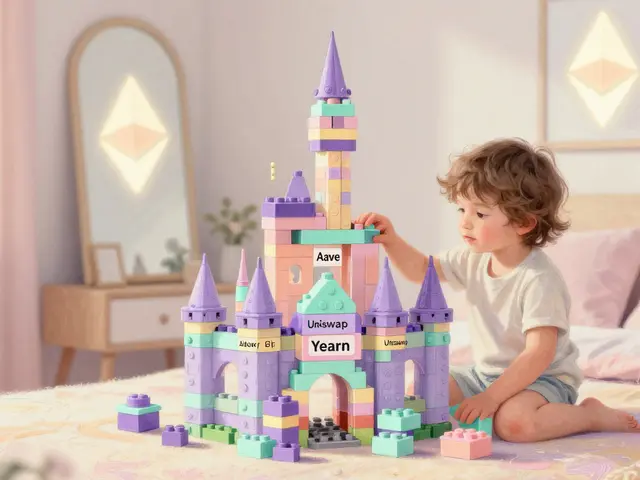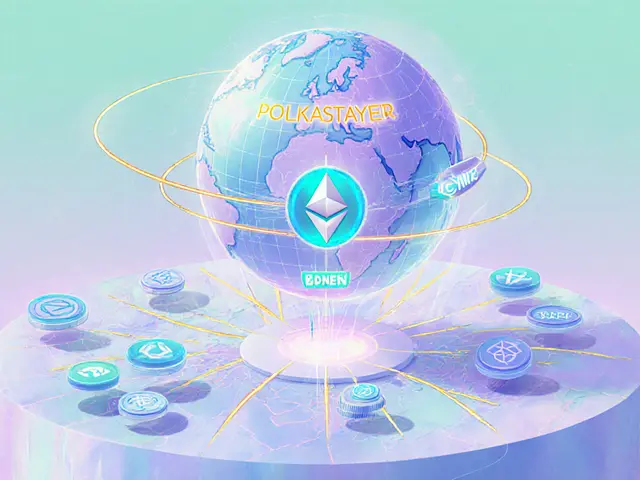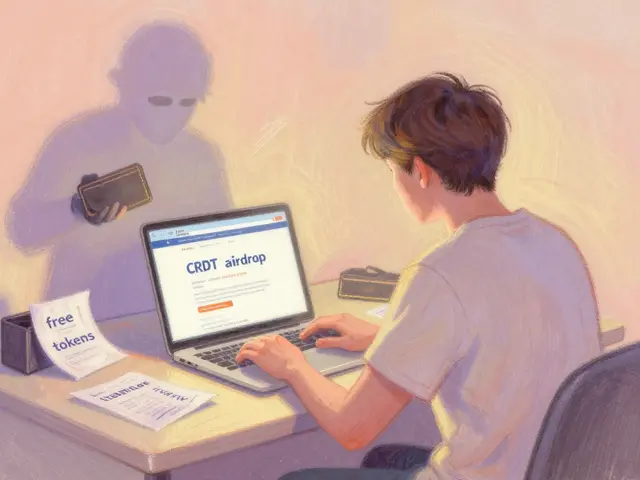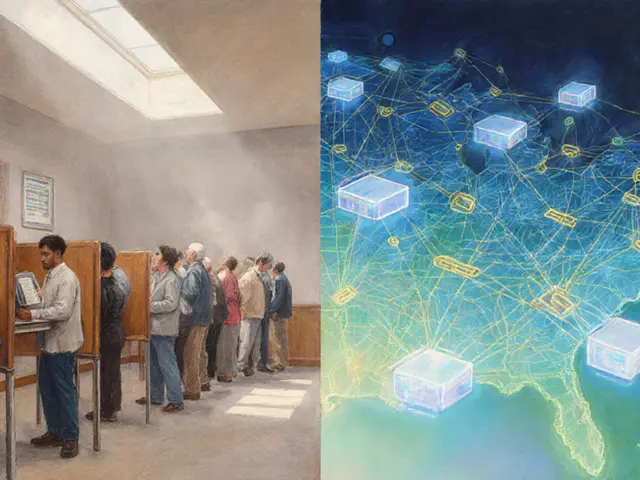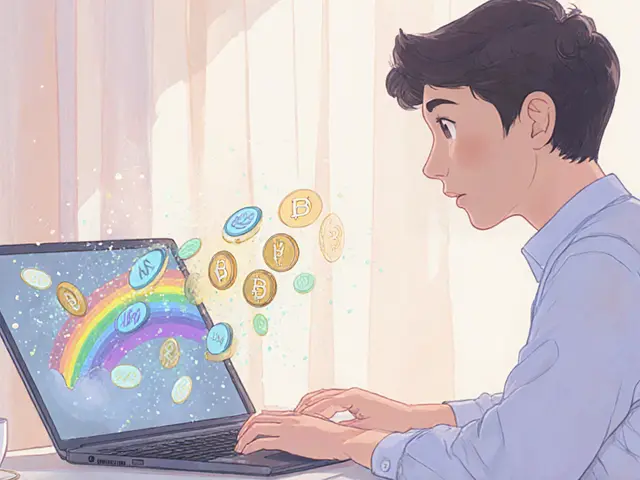Bit.Country Airdrop: How to Claim, Eligibility, and What It Really Offers
When you hear Bit.Country, a decentralized platform that lets users create and own their own virtual nations on blockchain. Also known as Bit.Country Metaverse, it lets people build digital lands, economies, and communities without needing permission from any government or corporation. The Bit.Country airdrop is one of the few projects that actually rewards early participants—not just for signing up, but for doing real things like joining communities, testing features, or helping shape the platform’s rules.
Bit.Country isn’t just another crypto token. It’s built on the idea that identity, land, and governance should be owned by users, not companies. Think of it like a mix between a video game world and a digital country, where you can mint your own land NFTs, set up local economies, and even create your own rules. The Bit.Country token, the native currency used to buy land, vote on proposals, and pay for services within the metaverse powers all of this. And because the platform launched in 2021, many early users already earned tokens through active participation—like joining Discord, completing quests, or helping moderate forums. That’s different from most airdrops that just hand out free tokens to wallet addresses with no effort required.
The metaverse airdrop, a distribution of tokens tied to participation in virtual worlds and digital economies from Bit.Country was designed to spread ownership, not hype. Unlike projects that give tokens to anyone who connects a wallet, Bit.Country looked for people who actually used the platform. If you’ve ever tried to build a virtual town, trade NFTs on their marketplace, or vote in a community poll, you might already qualify. Even if you missed the first wave, new airdrops still pop up for users who help test new features or refer others who become active.
What makes Bit.Country different is that it doesn’t just talk about decentralization—it builds it. The decentralized identity, a system where users control their own digital identity without relying on centralized providers like Google or Facebook tools built into the platform let you prove who you are without handing over personal data. That’s why people who care about privacy and ownership keep coming back. You’re not just chasing free tokens—you’re helping shape a new kind of internet.
Below, you’ll find real guides on how past users claimed their tokens, what steps actually worked, and which rumors turned out to be scams. No fluff. No fake promises. Just what happened, who got paid, and how you might still get involved.

NUUM is the native token of Bit.Country's MNet metaverse platform. Learn how the airdrop worked, who received tokens, current price status, and whether NUUM still has real utility today.
Jonathan Jennings Oct 28, 2025
